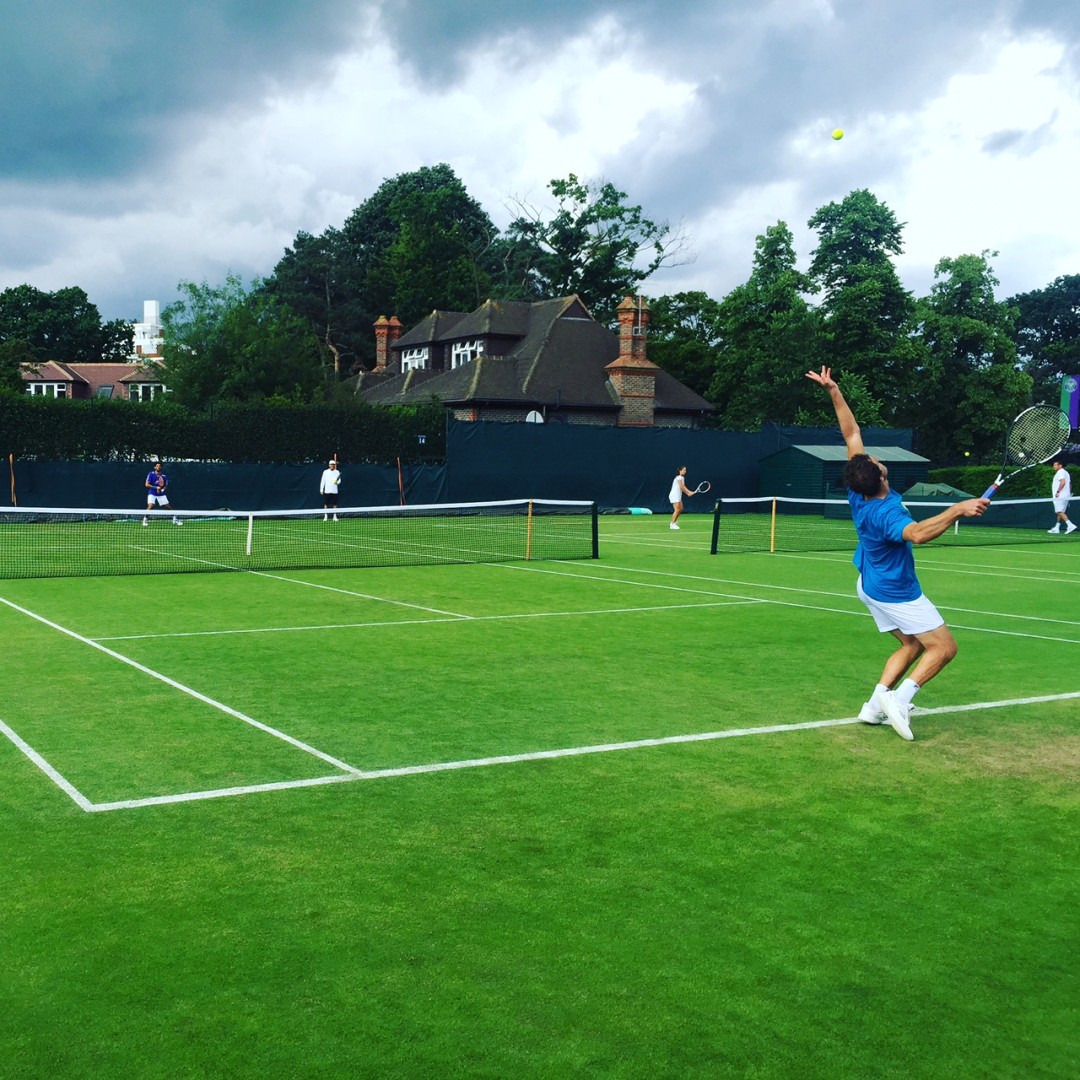Debunking The Lazy Athlete Myth
One of the greatest challenges I face among some athletes who are new to the program at SPMI are those who struggle to push themselves hard enough to reach their goals. Many athletes, coaches, and even parents may interpret this lack of drive as laziness or lack of passion. However, in many cases, the lack of effort and commitment is not caused by laziness but instead by a lack of positive vision.

